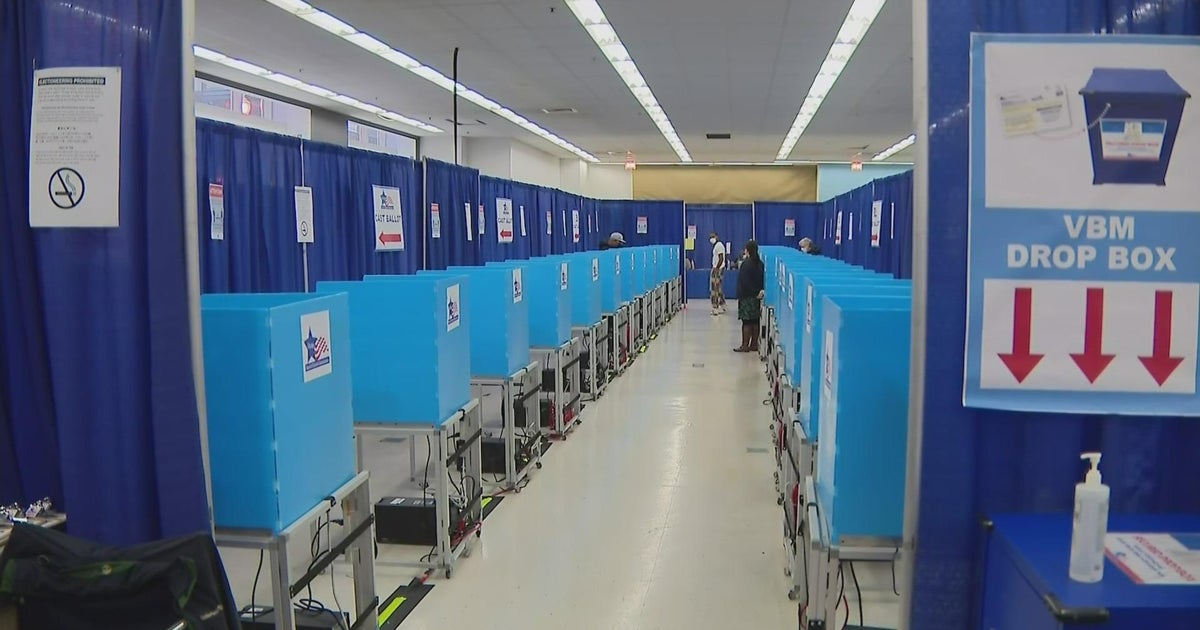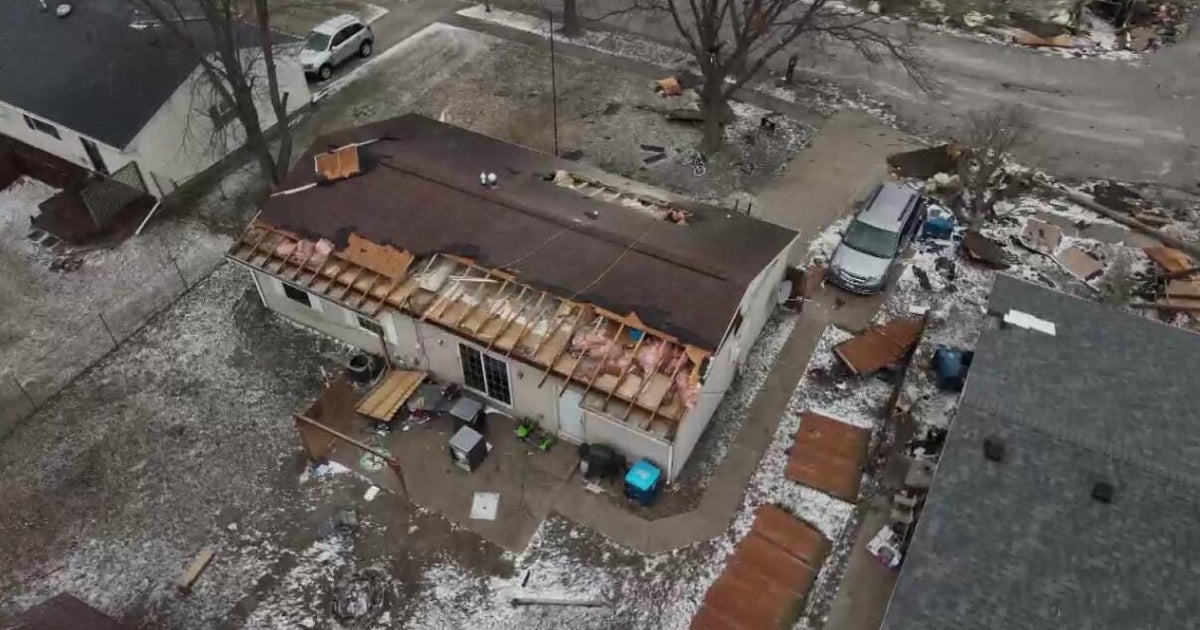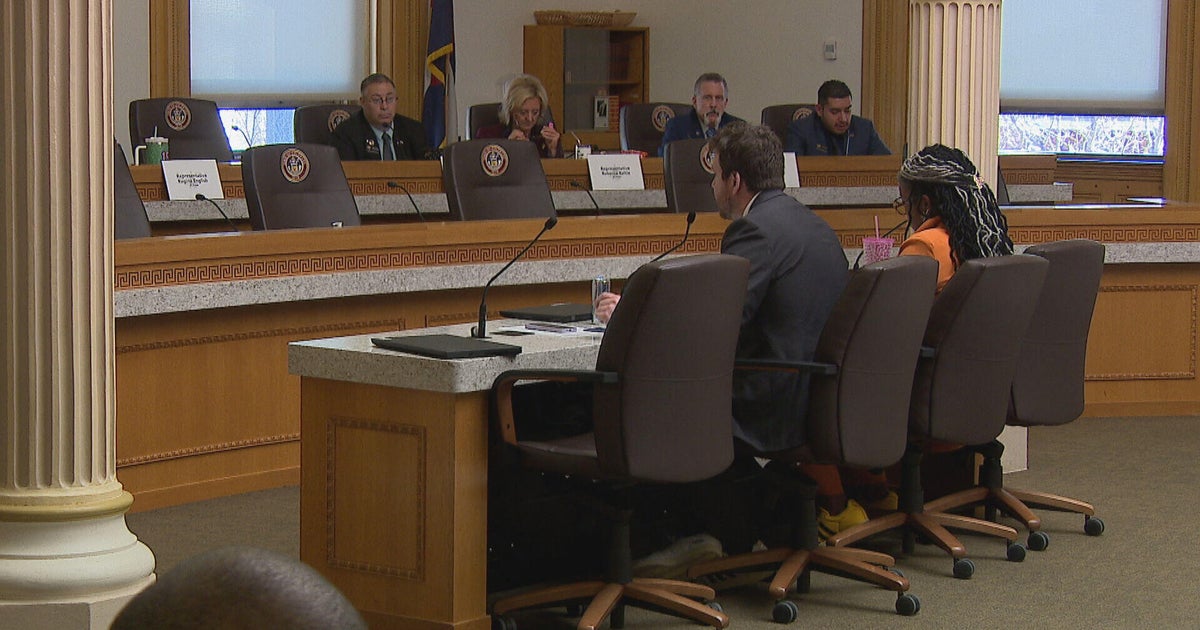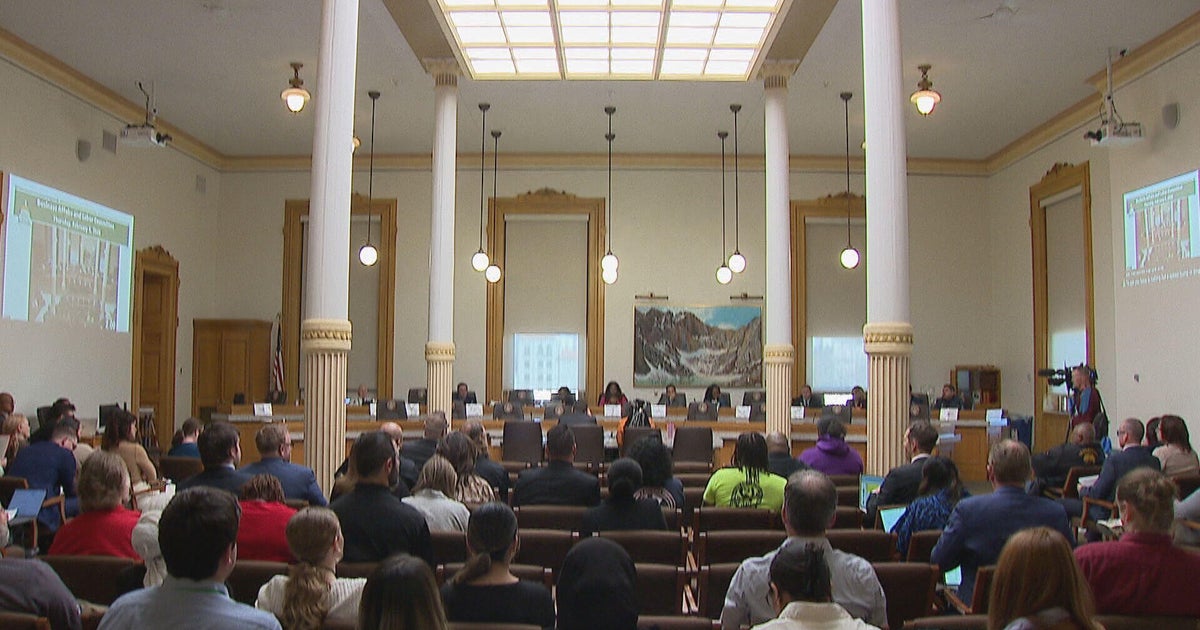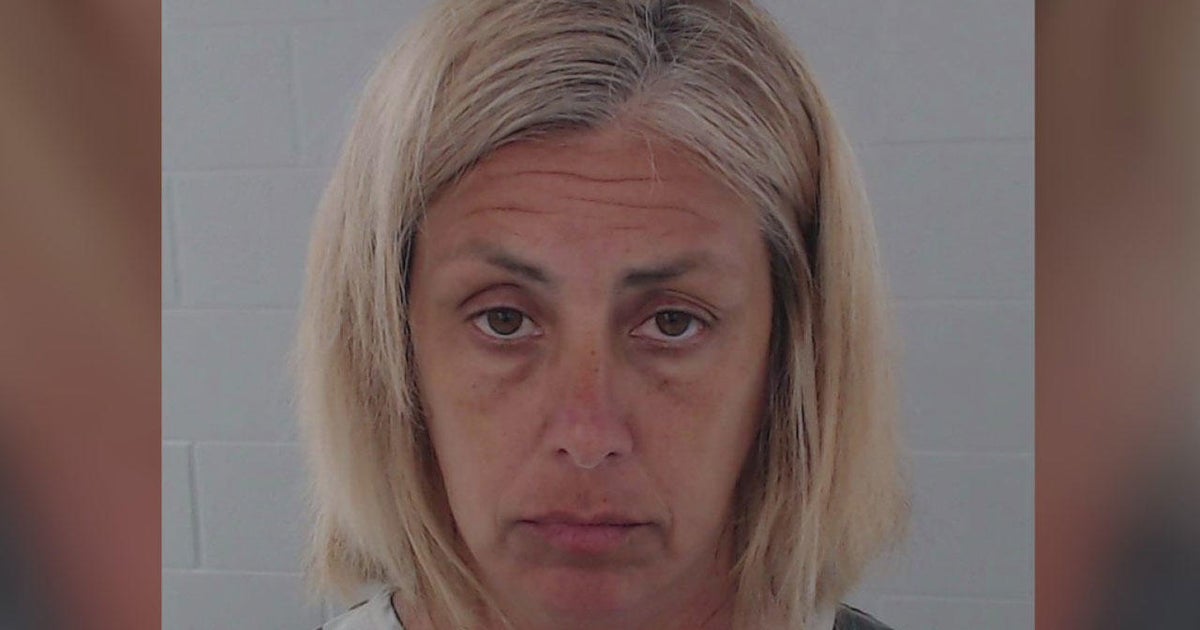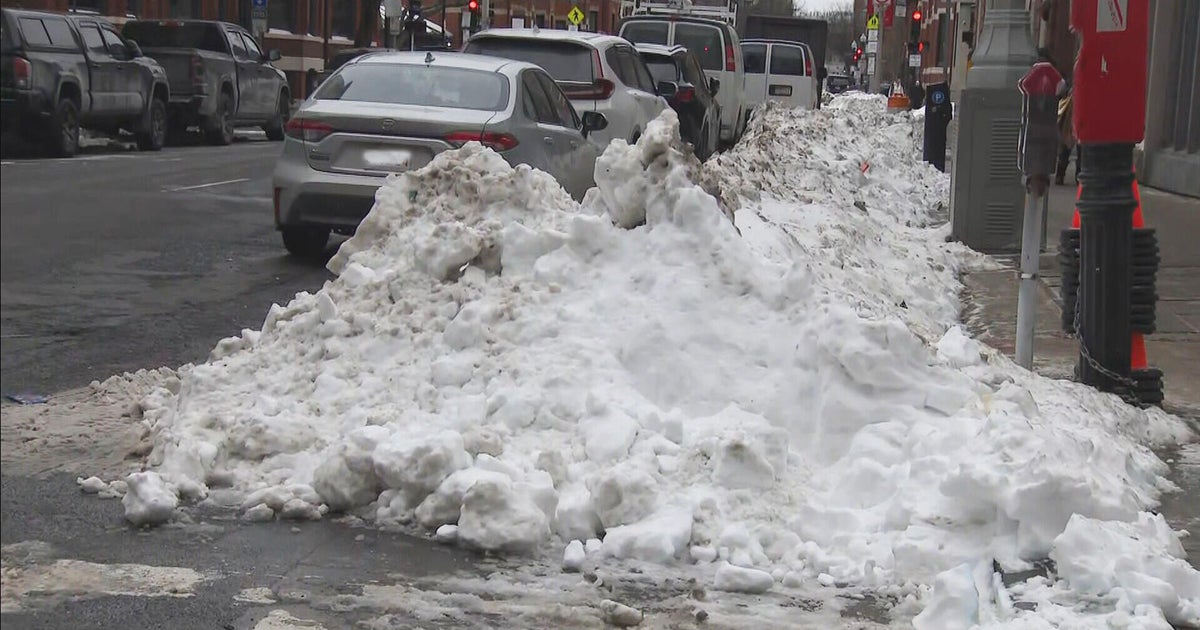What is Illinois' minimum wage?
CHICAGO (CBS) -- As of 2023, the minimum wage for Illinois is $13 per hour for workers 18 and up, and $10.50 per hour for workers under age 18.
Tipped workers get 60% of the state's minimum wage or $7.80 per hour for workers age 18 and up, and $6.30 an hour for workers under age 18.
The minimum wage for Chicago is a little higher. Effective Saturday, July 1, the minimum wage for the city of Chicago stands at $15.40 an hour for businesses with 21 or more employees, at $14.50 per hour for businesses with up to 20 employees, and $12 an hour for workers under age 18. For tipped workers in Chicago, the minimum wage stands at $9.24 an hour for businesses with more than 21 or more workers, $8.70 an hour for businesses with up to 20 employees, and $7.20 an hour for employees under age 18.
Effective the same date, suburban Cook County's minimum wage will increase from $13.35 an hour to $13.70 an hour for non-tipped workers ages 18 and up. It will go from $7.80 to $8 per hour for tipped workers ages 18 and up.
In 1973, 50 years ago, the minimum wage in Illinois was $1.40 – about $9.99 in 2023 dollars. It rose to $2.10 by 1976, $2.30 by 1979, $2.65 by 1984, and $3.35 by 1985. This more or less kept up with inflation, as $3.35 in July 1985 dollars is the equivalent of $9.45 in 2023 dollars.
By 2010, the minimum wage had risen to $8.25 per hour. This tied the state for the third highest in the nation – outranked only by Washington state and Oregon, and in line with Connecticut and Washington, D.C.
In 2011, state lawmakers launched a push to raise the minimum wage gradually to more than $10 per hour. State Sen. Kimberly Lightford (D-Maywood) sponsored legislation the following year that would have raised the minimum wage to $10.25 per hour by 2015 – but this legislation never came to a vote.
Meanwhile in his February 2013 State of the State address, then-Gov. Pat Quinn proposed an increase in the state's minimum wage to $10 per hour. This drew objections from business groups like the Illinois Retail Merchants Association and the Illinois Chamber of Commerce – which said a higher minimum wage would force some companies to lay off workers.
Business interests at the time lobbied Springfield for a reduction in the state minimum wage down to the federally-mandated $7.25 per hour.
The minimum wage also became a hot-button issue in the 2014 Illinois gubernatorial race. While Democrat Quinn maintained his call for an increase in the minimum wage to $10, Republican opponent Bruce Rauner initially said the state's minimum wage should be cut by $1 – but later said he would support a higher minimum wage under certain circumstances.
But Rauner said he was not in favor of automatically raising the minimum wage without conditions.
Rauner defeated Quinn that November.
In December 2014, after Quinn had lost to Rauner, the state Senate in its lame-duck session passed a measure to raise the minimum wage to $11 per hour by 2019. But the state House had adjourned for the session hours earlier. Quinn had the power to call the House back into session to try to force a vote but did not do so.
For Rauner's four-year term in office, the minimum wage in Illinois stayed where it was at $8.25. In 2017, Rauner vetoed a measure that would have increased the Illinois minimum wage to $15 over five years.
In 2018, Rauner went up for reelection against Democrat JB Pritzker and lost. Pritzker made raising the minimum wage a priority right out of the gate – hoping to sign a measure raising the state's minimum wage before his first budget address.
On Feb. 7, 2019, the state Senate approved legislation to increase the minimum wage in Illinois to $9.25 per hour on Jan. 1, 2020; $10 per hour six months later; $11 per hour on Jan. 1, 2021; $12 per hour on Jan. 1, 2022; and $13 per hour on Jan. 1 of this year.
The legislation called for the minimum wage to keep rising to $14 on Jan. 1, 2024; and $15 on Jan. 21, 2025.
The state House approved the legislation a week later, and Gov. Pritzker signed it into law on Feb. 19, 2019.
"Today we're making it clear that, if you work hard in this state, you deserve to be able to afford the goods and services that you produce," Pritzker said at the time. "Today we are saying that the right to a fair wage does not end at Chicago's border. Workers in East St. Louis, in Peoria, in Springfield, deserve that same fair pay."
Thus, the minimum wage in Illinois will indeed increase to $14 on Jan. 1 of next year and $15 on Jan. 1 of the year after.
Efforts also mounted in the mid-2010s to raise the minimum wage specifically in Chicago. A task force convened by then-Mayor Rahm Emanuel recommended in July 2014 to raise the city's minimum wage to $13 per hour by 2018 – with annual increases tied to the rate of inflation. At the time, the minimum wage for the city was the same as that of the state - $8.25 per hour.
In December 2014, the City Council passed a Minimum Wage Ordinance by a vote of 44-5. The ordinance automatically raised the minimum wage to $10 per hour in July 2015, $10.50 per hour in July 2016, $11 per hour in July 2017, $12 per hour in July 2018, and $13 per hour in July 2019.
Beginning July 1, 2020, and every July 1 since, the minimum wage has also increased – tied to the cost of living, but capped at a 2.5 percent increase. The only circumstances under which the minimum wage would not be increased in a given year is if unemployment were 8.5 percent or more in Chicago.
Amidst all this, there have been numerous protests and pickets in Chicago and around the country calling for a minimum wage increase to $15 at every level – including federal. But the federal minimum wage remains $7.25 an hour – as it has been since 2009.

